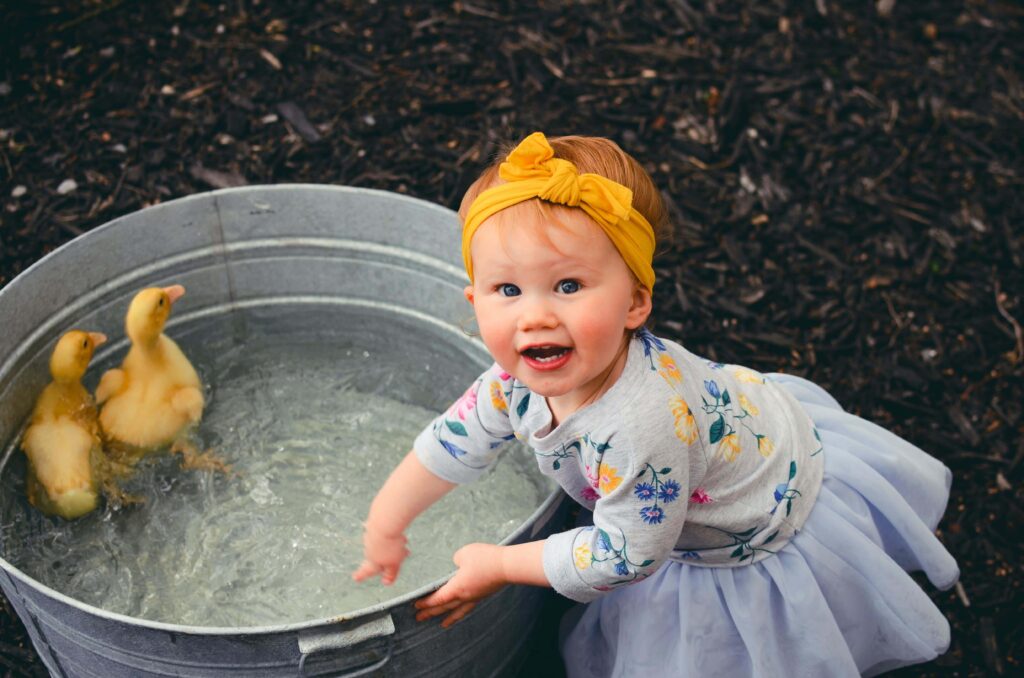Keeping a baby active and engaged is an arduous task. But babies need to have an activity routine that would benefit them in the longer run. The term “infant stimulation” refers to the activities that keep the babies busy and help build their intelligence. Recent research suggests that an infant’s external environment dramatically affects a baby’s brain development.
The early years, also known as the “prime time” of the baby’s brain development, decide most of the significant brain activities. If the baby’s external environments are favorable, he/she will be grasping all the primary concepts efficiently in the longer run.
According to recent research, the first three years of a baby’s development are for its “wiring system”. This wiring system in babies conducts significant brain activities. These activities then create tiny electrical connections known as “synapses”. The more an infant receives stimulation, the more synaptic connections the brain develops. Thus, consistent infant stimulation enhances and strengthens brain development in infants.

As a responsible parent, you must provide everything your baby needs, including intellectual skills. This early-stage development will assist your baby in being proactive and grasp all concepts quickly.
Here is how you can help your baby be smarter:
Express affection:
We all know it is obvious. Even if it is not your baby, you will stretch your arms to hold a baby and to make them smile. Be it your own baby, and it sometimes feels like a chore. Since your baby in front of your eyes all day and night, it gets exhausting caring about them. The repetitiveness of the mundane tasks makes it hard for parents to happily engage their babies in fun activities. Practicing mindfulness and approaching your child with all the love and care you have is beneficial for the infant’s early brain development.
Respond:
Babies seek validation all the time. Parents are the primary source of attention babies know, and they take time to trust strangers. It is the same reason why most babies cry when they get attention from unknown people. In this crucial phase, when their attention and social circle are so tiny, babies only have their parents to appreciate doing anything. Workload, house chores full load schedules make it difficult for parents to meet their baby’s mental and emotional needs. Make sure to take out some of your time and spend it with your baby. Choose a time when you can listen and observe them. Babies are sensitive when noticing the type of attention, they are getting, divided or undivided.
Exploration:
Babies are curious by nature. They often want to learn about new things instinctively. Expanding their horizon by letting them explore the world will be beneficial for their mental progress. Parents can do this by teaching their babies how to spell out new words—making them learn basic about the world. Ask them to name their toys, encourage them to read poems out loud, make them listen to music, and dance along with them. Such activities will healthily engage the babies, and you will be just a step away from making your best memories with your child.
We are all aware of the fact that this is easier said than done. Better time management skills, patience, and trust in each other as parents all of this is possible. Your baby’s health must be the primary concern for you as a parent, including mental health.





